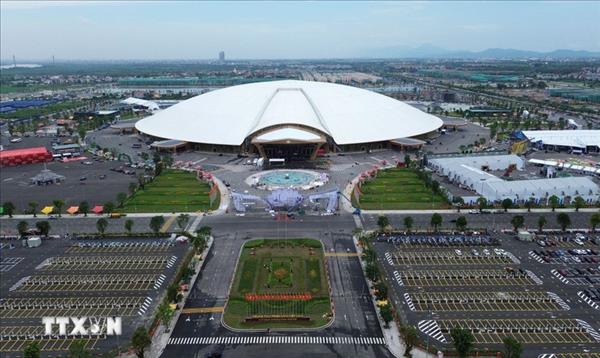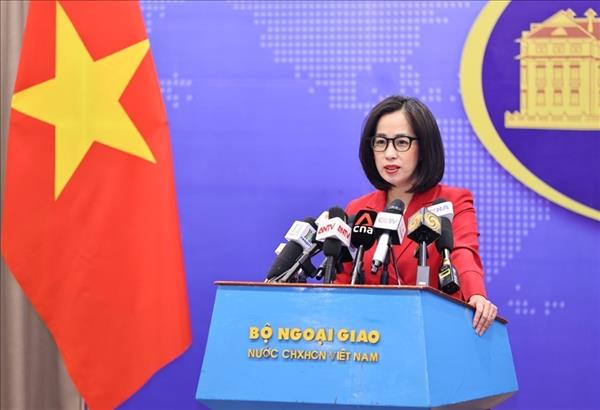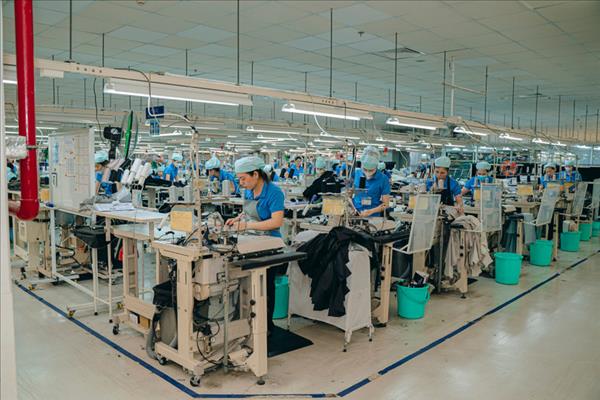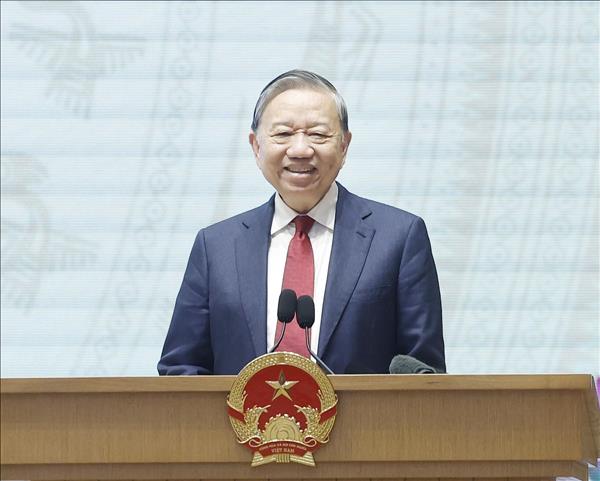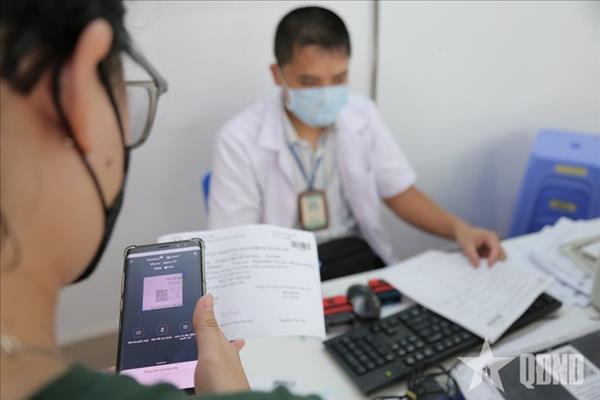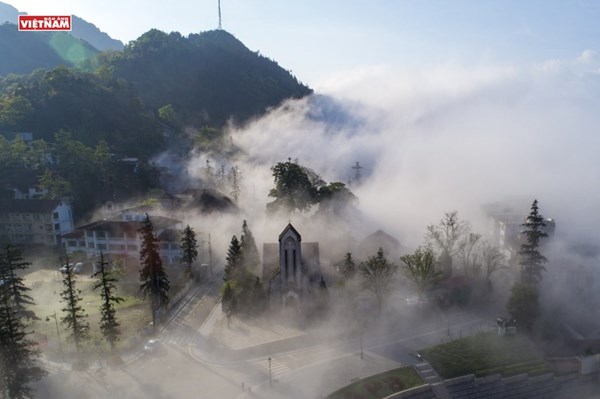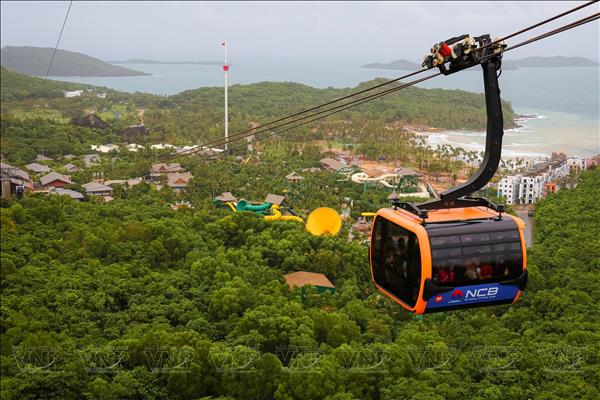Assoc. Prof. Dr. Kien made the remarks at the CTUMP’s opening ceremony for the new academic year 2018 – 2019 on September 25.
A survey by the university shows that the Mekong Delta only has 7.85 doctors and 1.39 pharmacists per 10,000 residents. The region has suffered a severe shortage of medical workers in unpopular fields for years, for example, all 13 regional city and provinces have only four forensic doctors while in other specialties, there are only one to five doctors in some provinces.
Can Tho city posted the highest ratio of doctors (11.54) and pharmacists (12.49) per 10,000 people. An Giang reported the lowest ratio of doctors (6.3) per 10,000 people, followed by Tien Giang (6.32); while Long An only has 0.71 pharmacists per 10,000 people, the lowest figure in the delta.
At present, most of the provinces do not have enough surgeons for oncology departments at provincial-level hospitals. Every year, the Mekong Delta needs about 250 new physicians in the five medical fields, with those specialising in tuberculosis most in demand.
Dr Kien blamed relatively low pay combined with harsh working environment and high risk of getting infected as the main causes of the shortage. He suggested that in addition to the designated 150 doctors in these fields, the university can help regional provinces to train more upon request. Accordingly, the university will ink an agreement with the provinces to provide training for their nominated candidates whose studies will be covered by the local budget
In the school year 2017 – 2018, the CTUMP graduated nearly 2,270 students, up to 85 percent of whom will be prioritised for working in the Mekong Delta city and provinces. This year’s intake was raised to 3,000 students.
VNA/VNP

